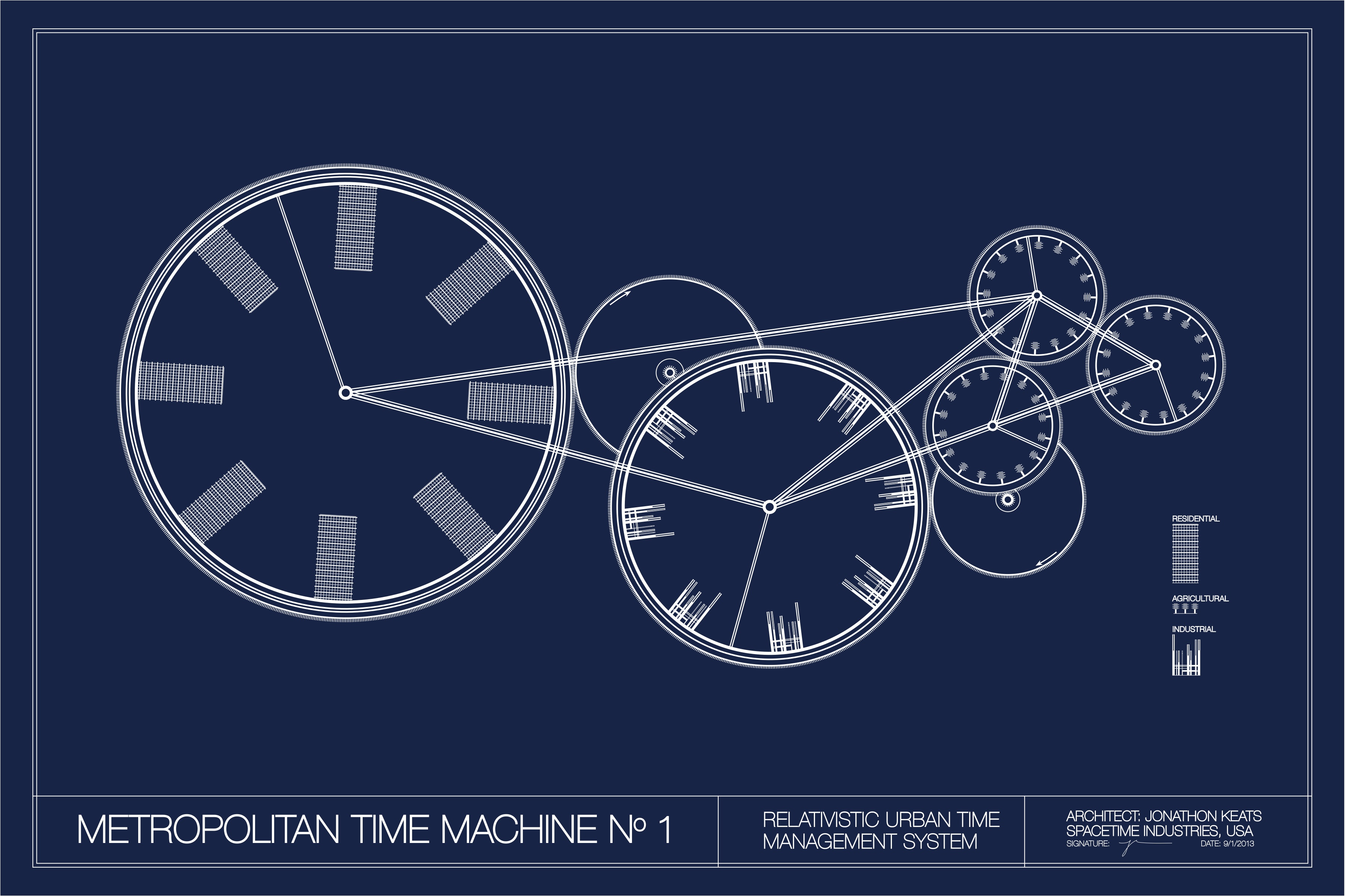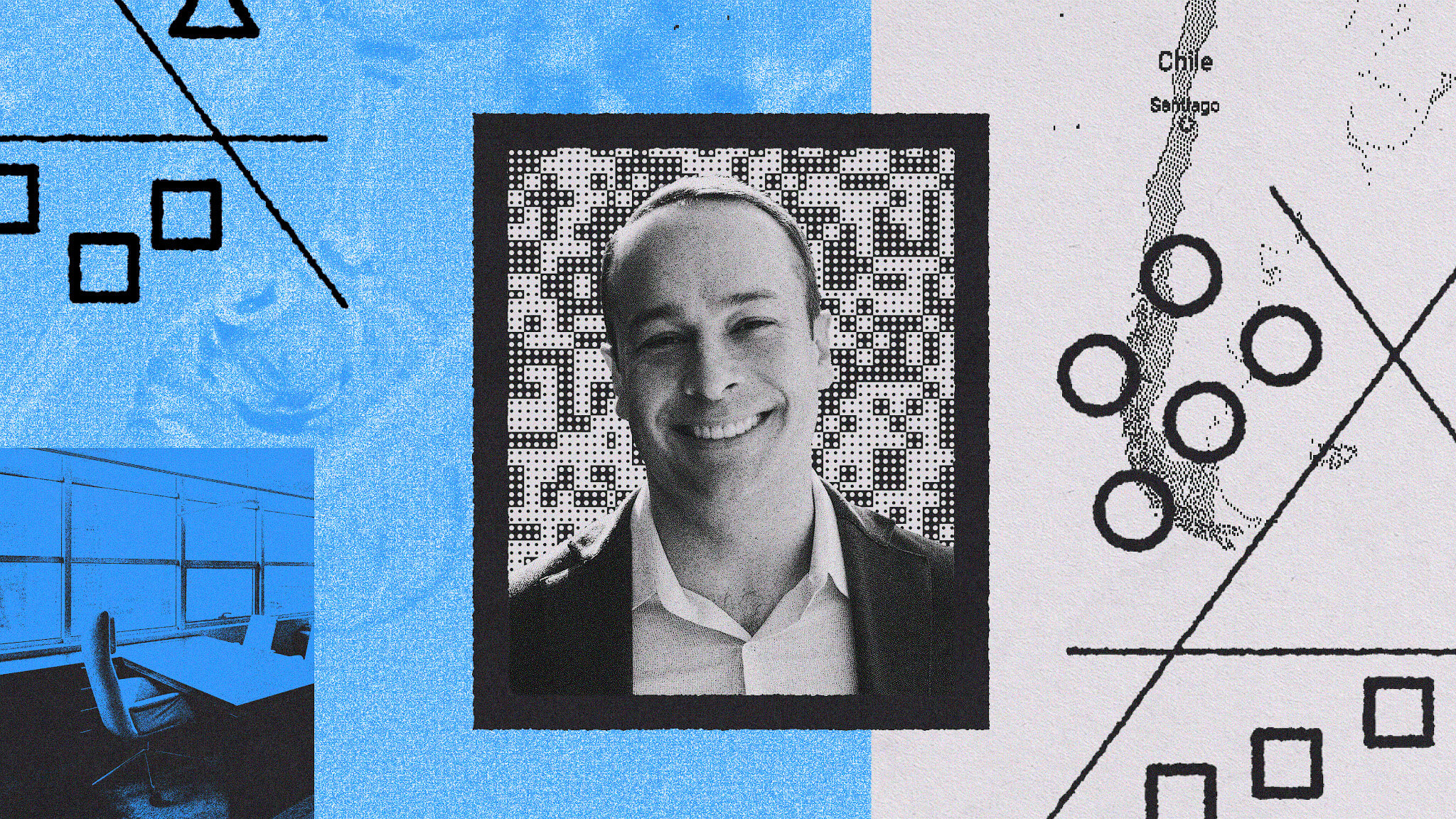The “Rule of Saint Benedict”: A medieval blueprint for modern time management

- In the 6th century, St. Benedict of Nursia established the “Rule of Saint Benedict,” which emphasizes moderation, work, and prayer.
- Under the rule, monks worked for only a defined time and then moved on to something else.
- Big Think spoke to author Oliver Burkeman about how the rule is a helpful reminder of how to approach our finite lives.
Benedict was the son of a wealthy, noble family in 6th-century Italy. He was a pious and diligent boy, and when he was old enough, he moved to Rome to study classics but quickly grew bored with the pratting about that defined student life. Worried over his learning and his soul, Benedict did what any one-day saint would do: He went to live as a hermit and contemplate God.
Sadly for Ben, word got around, and before long a group of wayward monks asked for his help. They wanted him to be the abbot of their monastery. Torn from his prayers and somewhat cynical of common men, Ben agreed but warned they wouldn’t like his style of abbacy.
Benedict was right. His austere and strict regime proved as popular as a splintery prayer stool. The monks were so unhappy that they tried to poison their new abbot. Twice. Whether by divine intervention or mortal cunning, Benedict survived the attempts on his life. He got the message, though. He left the monks behind and traveled southeast to Monte Cassino, where he established a new order governed by a system that would go on to redefine European life.
This is the story of Saint Benedict of Nursia, and when Big Think spoke with Oliver Burkeman, the bestselling author of Four Thousand Weeks: Time Management for Mortals, he told us we still have a lot to learn from old Ben.
The unfinished job
From that first attempt at monastic rule-making — and two attempts on his life — Saint Benedict devised what is now known as “the Rule of Saint Benedict.” This new approach was not some puritanical sermon from the pulpit demanding miserable self-denial with the scourge close at hand. It was instead, as Burkeman put it, “a sort of model of moderation and rhythm that finds time for work, time for prayer, and time for rest.” It was something you could live with, something you could flourish with.
Burkeman tells us that the Rule of Saint Benedict says, “Look, it’s best not to drink lots of alcohol, so if you’re going to drink alcohol, just don’t drink so much, okay? Over and over again, it has this amazing spirit of gentle moderation.”
One of the great ideas of Benedictine life was that you stopped any task you were doing when time was up. The monks knew there was always one more thing to do — a weed to pull, a meal to prepare, or a prayer to offer up. But they allocated a set amount of time to a task, and that was it.
“One of the things I love about that idea is with work,” Burkeman says. “There is a monastic work period within the unfolding Benedictine day. When it’s done, the bell rings, you put down the work, and you go on to the next thing. You don’t only put down the work when it’s finished, and of course, the work is never finished. We could really do with being reminded, I think, in the world today that the work is never finished. You need instead to develop that willingness to do your part for the day and declare that you have done enough.”
The monk inside
If you read Burkeman’s book, one theme that pops up again and again is embracing what he calls our “cosmic insignificance.” This isn’t some self-doubting inferiority complex that makes you shuffle from shadowy corner to shadowy corner. Rather, it is accepting that “how you use your time is not going to matter too much in a couple hundred years.” It’s the realization that you will only occupy this space and time for a select few years, or, if you’re more Benedictian about it, you’ve been given a select few years. Realizing you have limited resources and are only one person “takes the pressure off a bit.” You will never achieve everything there is to achieve, and you will have to decide what to exclude from your finite life’s passing.
It’s no accident then that Burkeman calls upon the Rule of Saint Benedict because, say what you want about monks, they have an overwhelming sense of their finitude. They recognize that their task is a human one and that it’s the height of hubris to assume that any mortal can achieve immortality. It’s a sin — a sin of human pride — to think we can do everything. We only have 4,000 weeks, as Burkeman puts it, or the “saeculum,” as Augustine did. We have a human life. And the most existentially important part of that life is choosing how to devote it.





